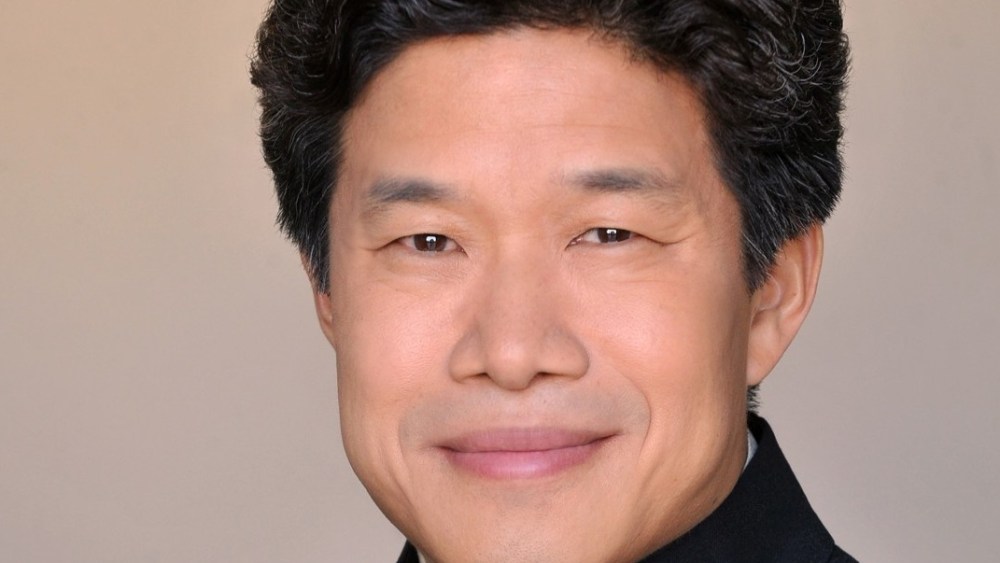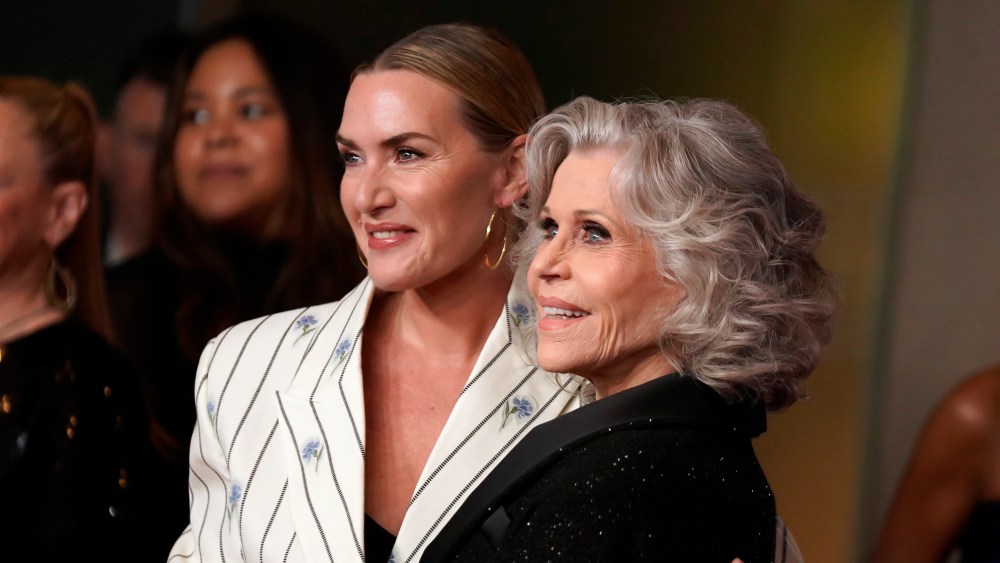LONDON – Amid the will-they-won’t-they speculation about an IPO on the London Stock Exchange, Shein has unveiled plans to pump 250 million euros into European fashion’s circular economy, and back the sector’s budding entrepreneurs, artists, and artisans.
On Tuesday, the Singapore-based fast-fashion giant launched a 200 million euro Circularity Fund for businesses in the U.K. and the European Union, and committed to investing a further 50 million euros in broader ESG efforts, and entrepreneurial businesses over the next five years.
Shein is also inviting outside businesses, financial institutions and sovereign wealth funds globally to co-invest in the new fund, echoing past calls from Richemont and Farfetch for the fashion and luxury industries to cooperate more and to promote large and small businesses alike.
You May Also Like
Shein said the fund will build on its existing programs to advance R&D and innovation in circularity and to support start-ups and businesses throughout Europe and the U.K. which are developing next-generation technologies and solutions.
The money has been earmarked for early-stage start-ups working on textile-to-textile recycled materials innovation and related areas, and for “offtake agreements” (contracts to buy future output) or other commercial partnerships with more mature start-ups.

Shein said it is seeking to partner with businesses that have existing production capacity in textile-to-textile recycled materials or new and emerging sustainable fibers.
“As a global leader in our sector, Shein has both a responsibility and an opportunity to accelerate innovations that can address the environmental footprint of the fashion industry,” said Donald Tang, Shein’s executive chairman, who was in London this week to discuss the initiative.
“The Circularity Fund will build on our support for entrepreneurs and businesses at the forefront of innovation in circular initiatives. Given Shein’s scale and reach, the company can become a catalyst for the widespread adoption of these solutions across the industry,” Tang added.
Asked during an interview whether the investment was a a bid to burnish its image and a prelude to an initial public offering, Tang demurred.
He declined to comment on the company’s widely-reported intention to float this summer in London, and said the 250 million euro investment was a separate consideration.
“For me, we have to do these things, no matter what happens,” said Tang, adding that Shein chose to invest in the U.K. and Europe because they “centers” for change and innovation.
Tang insisted that Shein would never be able to sustain itself without a robust sustainability strategy.
Shein’s investments in circularity “are part of the next phase of growth. Compliance and accountability will be playing a major part in powering the next growth and all these things that we have been doing for the last few years” are part of a wider, sustainable growth plan, he said.

“Now we want to accelerate it and if we get it right, we can make a real impact,” said Tang, a former investment banker who joined Shein two years ago and who is based in Los Angeles.
Over the past months he has been on a cross-Atlantic charm offensive as the company lays out its longterm plans. As reported, it has been deciding whether to float in the U.S. or the U.K., but appears to be leaning toward London.
In line with the company’s “EvoluShein” roadmap, Shein already has partnerships with companies working on circular solutions within the fashion industry,
Shein partners with Queen of Raw to source surplus or deadstock fabric from other brands to make new Shein garments. In 2023, Shein said it integrated Queen of Raw’s proprietary Materia MX software into its own sourcing system, enhancing the flow of materials data between platforms.
The company has also increased the adoption of cool transfer denim printing technology among Shein suppliers. The technology uses innovative, high-fixation ink instead of conventional indigo dyes. The process uses significantly less water than traditional denim washing methods, according to Shein.
Asked about Shein’s callout to third parties to invest in the fund, Tang said it takes a village to build a sustainable fashion economy.
“This is something beyond what one company can address. It is an industry challenge and for the world at large. The fund is calling for private-public partnerships, and we want to collaborate with industry players, innovative venture capitalists, scientists, technologists, and capitalists. We have to use our market position, our leverage, to systematically encourage everybody to work together,” he said.
Shein is the world’s largest fast-fashion retailer, surpassing Zara and eclipsing Amazon in U.S. shopping app downloads, according to Zero100, an independent supply chain intelligence platform for C-suite executives across a variety of consumer industries.
In a recent report, Zero100 said Shein launches 6,000 new apparel styles daily, 65 times more than Zara and 500 times the industry average.
It added that Shein’s core advantage is its “hyper-flexible supply chain,” which uses more than 5,400 nearby factories in Guangzhou, China for micro-batch production, “enabling rapid design-to-delivery cycles, lower production costs, and minimized inventory risk.”

Steve Hochman, vice president Research, at Zero100, said in a telephone interview he’s optimistic that Shein can leverage its scale to make the industry less wasteful.
“Shein’s understanding of how to work with data, combined with the management DNA, and their digital capability are all transferable” to circular practices, Hochman said.
“I’m an optimist, and I think they can engineer change. It will be a massive transformation, but Shein is set up as well as anyone to make the leap” to a more sustainable model, Hochman told WWD.
Well before Tuesday’s Circular Fund announcement, Shein was looking at ways to create less waste.
In 2022 the company launched Shein Exchange, a peer-to-peer resale platform, in the U.S. By 2023, 4.2 million new users signed up, with more than 115,000 pre-owned items listed for sale by more than 95,000 unique sellers, according to the company. Shein extended the platform to the U.K. and Europe in 2024.
Among Shein’s sustainability targets are the reduction of greenhouse gas emissions (scopes 1, 2 and 3) by 25 percent by 2030, and to become carbon-neutral in scope 2 by 2030.
While the lion’s share of the 250 million euro investment will go toward the Circularity Fund, Shein is also looking to the next generation of entrepreneurs, artists, artisans, designers and smaller brands which it believes could benefit from its international scale.
A sum of 50 million euros has been earmarked for initiatives to support companies across the U.K. and Europe to grow online businesses with Shein’s marketplace services, as well as potential investments in R&D or to pilot Shein production facilities locally.
This includes funding to draw more U.K. and European artists and designers into the Shein X designer incubator program, an initiative that enables talented, up-and-coming designers to commercialize their designs by partnering with Shein on manufacturing, marketing, and logistics.
The company also plans to create a dedicated initiative to help U.K. and European businesses join Shein’s Marketplace platform and tap into a global customer base.
Tang said the company has already identified a “rich and diverse pool” of designers, brands, and craftspeople across Europe and the U.K. “who we know can reach a much wider audience on our platform, and whom we are confident can successfully scale up their businesses with Shein.”

Tang declined to link these new European investments with Shein’s ambition to seek a public listing.
However, there is no doubt this latest move is part of an ongoing campaign to shine a light on all the positive work Shein has been doing following years of criticism.
It has been accused of skirting U.S. tariffs, employing forced laborers in China, illegally using Xinjiang cotton in its products, and copying other people’s designs, all of which it denies.
In May, Tang told WWD that Shein wants to comply with all U.S. and international laws and become a more transparent company. Being a publicly traded company, he said, is the way to foster that.
Last year Shein supposedly filed papers to be traded on the New York Stock Exchange, but there have been hurdles. U.S. lawmakers have been calling on the U.S. Securities and Exchange Commission to do a deep dive into the online retailer’s operations.
Over the past weeks there have been reports in the British press that Shein is now preparing to float in London, and that it met with both Labour and Conservative party officials ahead of the U.K. general election on July 4.
Asked whether the new Labour government here might smooth the way to an IPO in London, Tang demurred once again.
“Our company has an innovative model that is executed with resilience, and agility. We focus on our business, and on what the consumer wants, when they want it, at a price they cannot beat,” independently of any government, he said.



